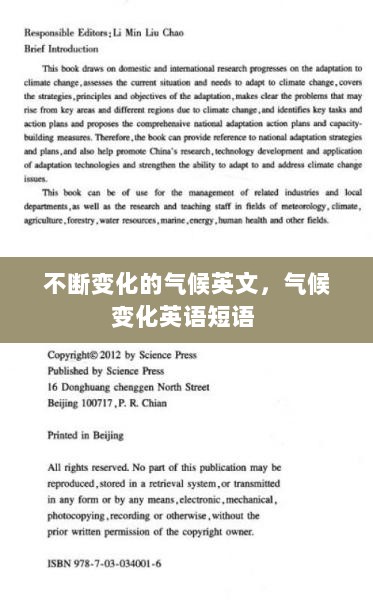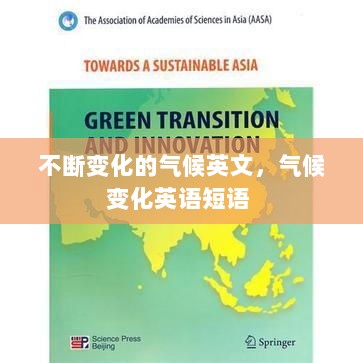Introduction to Climate Change
Climate change is one of the most pressing issues of our time. It refers to long-term shifts in temperatures and weather patterns on Earth. These changes are primarily driven by human activities, particularly the burning of fossil fuels, which release greenhouse gases into the atmosphere. The consequences of climate change are far-reaching, affecting every aspect of life on our planet.
Greenhouse Gases and Their Impact
Greenhouse gases, such as carbon dioxide (CO2), methane (CH4), and nitrous oxide (N2O), are responsible for trapping heat in the Earth's atmosphere. This natural process is essential for maintaining a livable temperature on the planet. However, human activities have significantly increased the concentration of these gases, leading to an enhanced greenhouse effect and global warming.
Carbon dioxide is the most significant greenhouse gas, primarily emitted through the burning of coal, oil, and natural gas. Deforestation also contributes to CO2 emissions by reducing the number of trees that absorb this gas. Methane is released during the production and transport of coal, oil, and natural gas, as well as from agricultural practices and waste management. Nitrous oxide is emitted from agricultural and industrial activities, as well as during the combustion of fossil fuels.
Global Warming and Its Effects
Global warming refers to the increase in the average temperature of the Earth's surface and atmosphere. This warming trend has been observed over the past century and is expected to accelerate in the coming decades. The effects of global warming are diverse and include rising sea levels, more frequent and severe weather events, and shifts in ecosystems.
Rising sea levels are a direct consequence of global warming. As temperatures rise, glaciers and ice sheets melt, adding more water to the oceans. This rise in sea level can lead to coastal erosion, flooding, and the displacement of coastal communities. More frequent and severe weather events, such as hurricanes, droughts, and heatwaves, are also expected as the climate changes.
Ecological Impacts of Climate Change
Climate change has significant ecological impacts, affecting both terrestrial and marine ecosystems. Changes in temperature and precipitation patterns can alter the distribution of species, disrupt food webs, and lead to the extinction of certain species. For example, many plant and animal species are unable to adapt quickly enough to the rapid changes in their environments.
In the ocean, climate change is causing ocean acidification, which is the increased acidity of seawater due to the absorption of CO2. This acidification can harm marine life, particularly organisms with calcium carbonate shells, such as corals and shellfish. The bleaching of coral reefs is a direct consequence of ocean acidification, which threatens the biodiversity and economic value of these ecosystems.
Human Adaptation and Mitigation Efforts
As the impacts of climate change become more pronounced, efforts to adapt to and mitigate the effects are increasingly important. Adaptation involves making adjustments in natural or human systems in response to actual or expected climatic stimuli. This can include building sea walls to protect coastal areas, developing drought-resistant crops, and implementing water conservation strategies.
Mitigation, on the other hand, focuses on reducing greenhouse gas emissions to slow down the rate of climate change. This involves transitioning to renewable energy sources, improving energy efficiency, and developing technologies that capture and store CO2. International agreements, such as the Paris Agreement, aim to unite countries in their efforts to limit global warming to well below 2 degrees Celsius above pre-industrial levels.
Conclusion
The climate is a dynamic system that has been changing throughout Earth's history. However, the current rate of climate change is unprecedented, largely due to human activities. The consequences of this change are profound and affect every living being on the planet. It is crucial that we take immediate and decisive action to address climate change, both through mitigation efforts to reduce greenhouse gas emissions and through adaptation strategies to prepare for the changes that are already underway. The future of our planet and its inhabitants depends on our ability to navigate the challenges posed by a changing climate.












 京ICP备11000001号
京ICP备11000001号
还没有评论,来说两句吧...